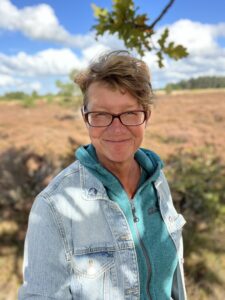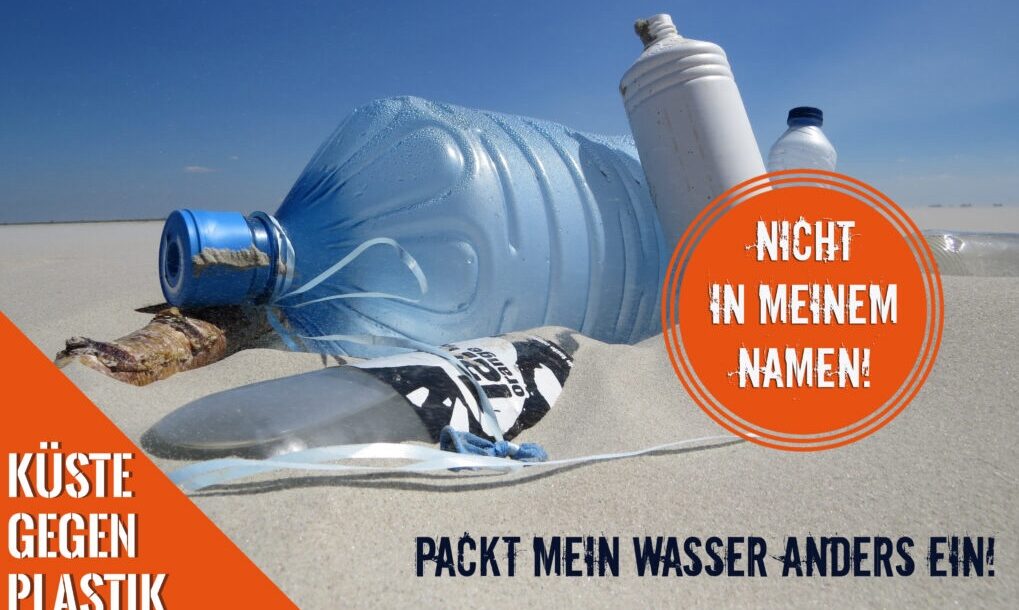This post was originally published on Good Search
#cmsmasters_row_671e53d569f3e0_26452830 .cmsmasters_row_outer_parent {
padding-top: 20px;
}
#cmsmasters_row_671e53d569f3e0_26452830 .cmsmasters_row_outer_parent {
padding-bottom: 10px;
}
#cmsmasters_row_671e53d56a1936_21209126 .cmsmasters_row_outer_parent {
padding-top: 10px;
}
#cmsmasters_row_671e53d56a1936_21209126 .cmsmasters_row_outer_parent {
padding-bottom: 0px;
}
#cmsmasters_row_671e53d56a22a3_02324810 .cmsmasters_row_outer_parent {
padding-top: 40px;
}
#cmsmasters_row_671e53d56a22a3_02324810 .cmsmasters_row_outer_parent {
padding-bottom: 20px;
}
#cmsmasters_row_671e53d56a2f25_99262175 .cmsmasters_row_outer_parent {
padding-top: 30px;
}
#cmsmasters_row_671e53d56a2f25_99262175 .cmsmasters_row_outer_parent {
padding-bottom: 0px;
}
#cmsmasters_row_671e53d56a3c91_32017019 .cmsmasters_row_outer_parent {
padding-top: 50px;
}
#cmsmasters_row_671e53d56a3c91_32017019 .cmsmasters_row_outer_parent {
padding-bottom: 10px;
}
#cmsmasters_row_671e53d56a49f2_01886579 .cmsmasters_row_outer_parent {
padding-top: 30px;
}
#cmsmasters_row_671e53d56a49f2_01886579 .cmsmasters_row_outer_parent {
padding-bottom: 10px;
}
#cmsmasters_fb_671e53d56a58e6_68345364 {
padding-top:30px;
padding-bottom:30px;
-webkit-border-radius:20;
border-radius:20;
}
#cmsmasters_fb_671e53d56a58e6_68345364 .featured_block_inner {
width: 80%;
padding: ;
text-align: left;
margin:0 auto;
}
#cmsmasters_fb_671e53d56a58e6_68345364 .featured_block_text {
text-align: left;
}
#cmsmasters_row_671e53d56a5d84_16582546 .cmsmasters_row_outer_parent {
padding-top: 30px;
}
#cmsmasters_row_671e53d56a5d84_16582546 .cmsmasters_row_outer_parent {
padding-bottom: 10px;
}
#cmsmasters_button_671e53d56a6d34_79409287 {
text-align:center;
}
#cmsmasters_button_671e53d56a6d34_79409287 .cmsmasters_button:before {
margin-right:.5em;
margin-left:0;
vertical-align:baseline;
}
#cmsmasters_button_671e53d56a6d34_79409287 .cmsmasters_button {
font-weight:normal;
font-style:normal;
border-style:solid;
}
#cmsmasters_button_671e53d56a6d34_79409287 .cmsmasters_button:hover {
}
©Küste gegen Plastik e.V.
Jennifer Timrott is a unique environmental activist. She mobilizes consumers to fight against unnecessary plastic or disposable packaging – smartly via an app.
With the ReplacePlastic and its new sister application, the Replace Oneway Packaging App (ReplaceEinweg), consumers can provide companies who sell goods with unsustainable packaging, with a simple message: Please reconsider your packaging solution! It’s easy as 1-2-3. The consumer simply scans the barcode on the packaging, directly in the supermarket or easy at home. The non-profit “Küste gegen Plastik” (coast against plastic) who operates the apps, bundles the feedback and forwards it to the producers. The scheme is very successful: More than 2 million product scans have been submitted through the ReplacePlastic App, providing companies with valuable consumer feedback.
What problem are you solving with the Replace Einweg App? Why is your specific solution needed for this?
Many people already desire sustainable packaging solutions. This desire for an end to single-use plastics and the need for reusable solutions that are readily available and usable for all people must be communicated more strongly to manufacturing companies. With the Replace Einweg App, people scan the barcode of products in disposable packaging to tell companies: I want a reusable solution for this.
What did you do before starting your current project/company?
I was a nurse and digital concepter in an advertising agency.
What or who motivated you to become a social entrepreneur?
The plastic waste on our coasts.
Which of your successes are particularly memorable to you?
Companies are sensitive to customer feedback and together we are making an impact! Our first app ReplacePlastic is being used extensively and over 2 million product scans have been received, for which we have passed on the wishes for change to companies, and companies have responded by changing their packaging.
Were there moments that were particularly challenging and what did you learn from them?
Sometimes we wish we could initiate changes much faster. We have learned a lot about the interdependencies between businesses, customers, and politics. It’s like drilling through thick boards.

© Jennifer Timrott | Küste gegen Plastik e.V.
„Together we are making an impact! Our first app ReplacePlastic is being used extensively and over 2 million product scans have been received, for which we have passed on the wishes for change to companies, and companies have responded by changing their packaging.”
— Jennifer Timrott, Verein Küste gegen Plastik e.V.
What are the plans for the future?
We continue to fight for the reduction of single-use plastic production and focus even more clearly on reusable solutions as the answer, to decisively counter the evasive moves towards other disposable materials.
What do you wish you had known before starting your project/company? What advice would you give to others?
That work on our databases never stops and requires continuous daily effort. My advice: don’t expect miracles right away. Look back from time to time and appreciate how far you’ve come, even if the big goals still seem far away.
Which podcast do you listen to regularly? Which book is an absolute must-read for you personally?
I often listen to Corporate Therapy and Wohlstand für alle. Book: Braiding Sweetgrass by Robin Wall Kimmerer.
What are your tips for doing good in everyday life? And where do you yourself find it difficult to live sustainably?
I think it’s important to share the world and, for example, allow some wilderness in the garden so that other living beings can feel at home in it. I find sustainable living very difficult when shopping, for example, because I would like to buy many more things in reusable packaging, which is often not offered at all. That’s why it’s important to me to be able to express with our apps: I want a different solution for this.
Which organization or start-up impresses you particularly and is a true role model for you?
I find organizations that advocate for more citizen participation important, for example, Mehr Demokratie e.V. I believe that for sustainable changes in our lives, work, and economy, we all need to have a say so that change can succeed.
Complete this sentence: The world needs more……
attention/care
Jeden Monat interviewen wir interessante Entrepreneur:innen und richten dabei den Fokus auf ihre persönliche Geschichte.
Die Interviews sollen inspirieren, motivieren und Mut machen, eigene Ideen in die Tat umzusetzen.
Kennst du Social Entrepreneur:innen mit einer inspirierenden Story, die wir unbedingt interviewen sollten? Dann schreib uns!
Andrea Rebensburg, GOOD Impact Portfolio: andrea@good-search.org
You can find out more about Replace Einweg on our project page:
The post Companies are sensitive to customer feedback – Interview with Jennifer Timrott appeared first on GOOD – The search engine for a better world.





0 Comments